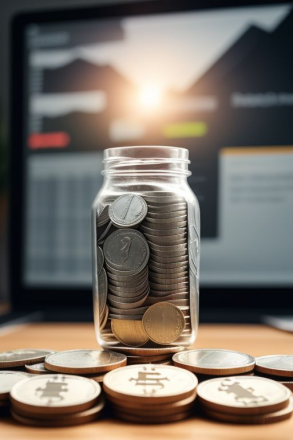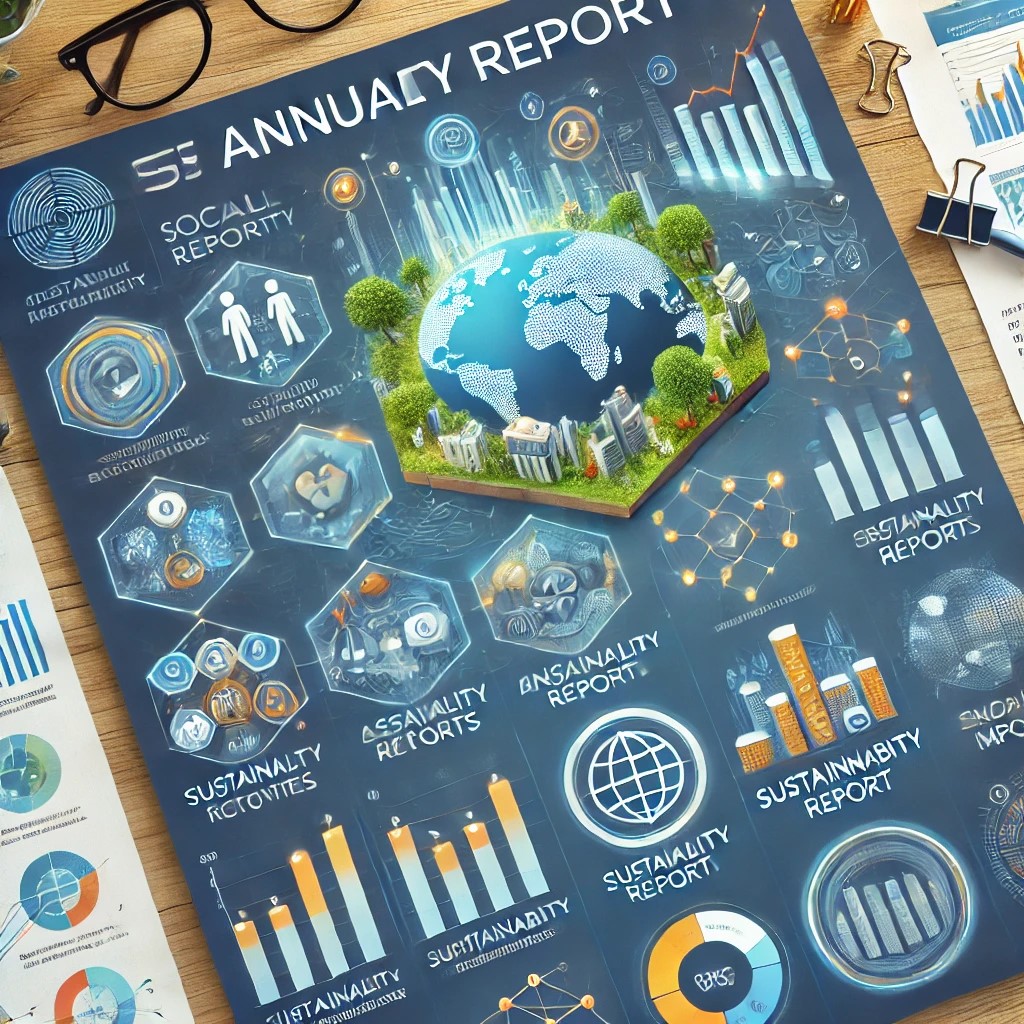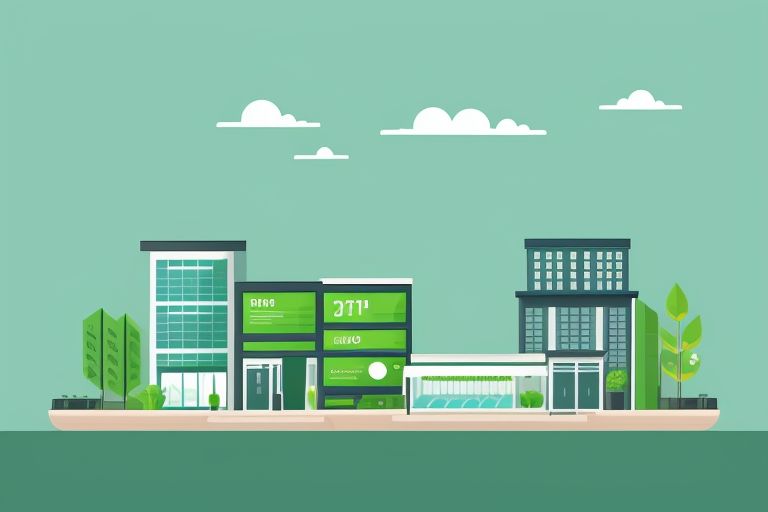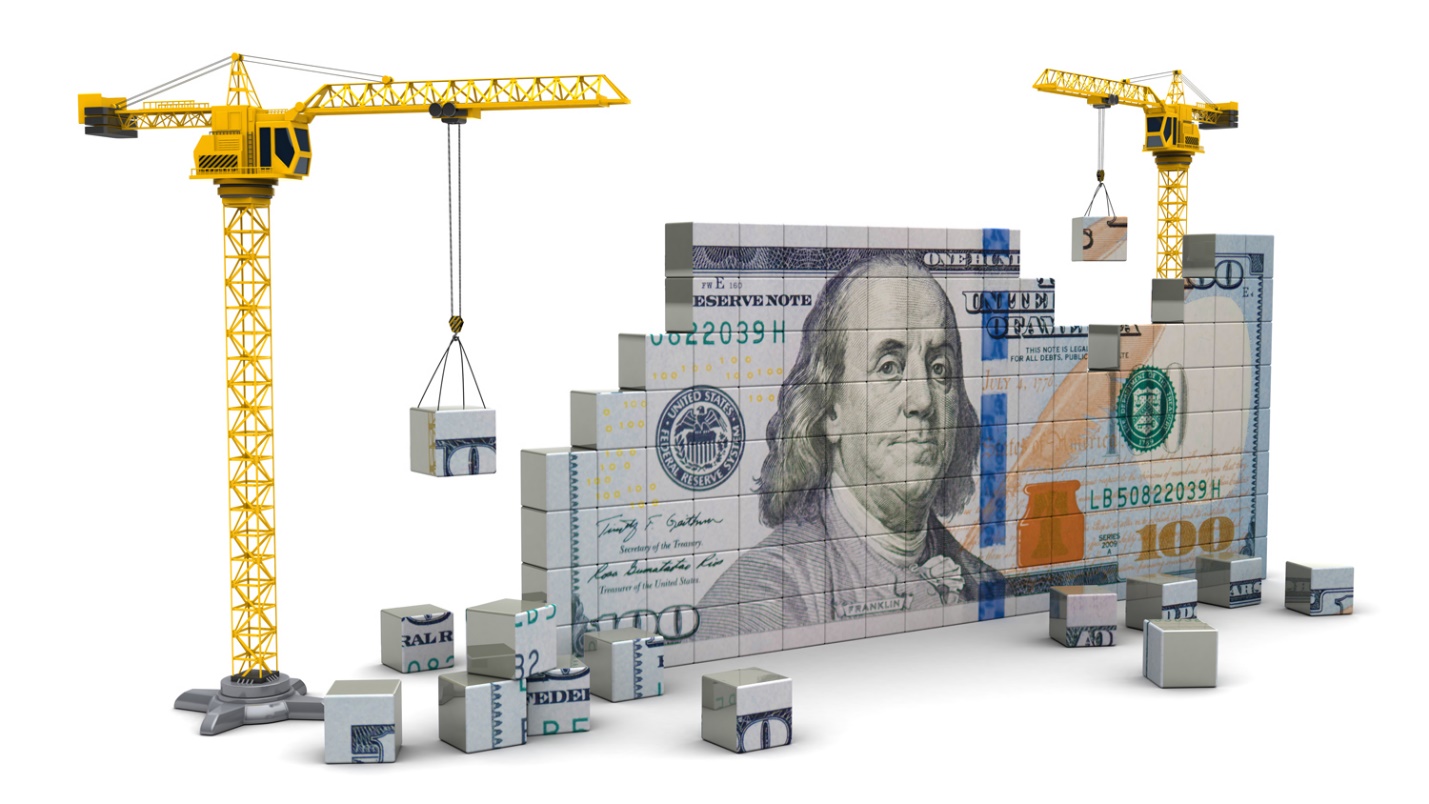Financial resilience is the ability to stay strong against some unexpected financial challenges such as medical bills, loss of job or any form of urgent repairs. It entails having the proper strategies, savings, and resource allocation for handling these complex situations without much stress. Nowadays, this world has run into times where events that happen suddenly are a normal situation, so building on the financial foundation one needs can be very helpful in keeping these events under control and also for peace of mind.
What Is Financial Resilience?
Financial resilience is defined as the capability to recover quickly from economic shocks. According to the Federal Reserve 2020 report, about 40% of American households have insufficient emergency savings to cover any unexpected $400 cost. This means that there is a lot of vulnerability among people when they face unexpected costs. This calls for planning, savings, and good management of risk in building up one's financial resilience so as to remain ready for such situations.

Why Financial Resilience Matters?
It gives you mastery and ease of mind if any unexpected financial issues come your way. It matters because:
- Covers Untimely Expenses: Anything can happen to anyone. It may include car break, urgent home repairs, or medical emergencies. Financial resilience provides an opportunity to cover all such expenses without any high-interest debt.
- Prevents Accruing of Debt: Savings not only increase your security but also are a protection from credit card debts. Expensive unexpected bills often present themselves without savings. At an average of 20% in interest rates, credit card debt really begins to add up quickly. It is only by saving that you can reach financial resilience and avoid debt and stay on track financially.
- Peace of Mind: When you save money and have a plan, you're more likely to be calm when experiencing financial downturns. Knowing you're ready which makes you feel good and you have peace of mind, which is positive long-term effects on mental health.
Actionable Steps to Building Financial Resilience
Building financial resilience is not about making drastic changes but taking practical steps to strengthen your financial foundation over time. Here's a way to get started.
- Build an Emergency Fund: An emergency fund is a key part of financial security. There should be money set aside to cover three to six months' worth of living expenses.
- Setting a Target: If your monthly expenses are $2,500, you need an emergency fund of $7,500 to $15,000. This will help mitigate common financial emergencies and give you time to adjust if your income changes.
- Automate Savings: Set up an automatic transfer to your savings account each month. Even saving $100 monthly will result in $1,200 annually.
- Start Small: If saving three months' worth of expenses seems overwhelming, begin with a smaller goal, like $500. Gradually increase your savings as your budget allows.
Diversify Your Income
Having diversities of income sources builds financial resilience by providing a cushion to fall back on if one source goes down. This could include freelancing, side hustles, or investments. For example, many people use passive income through dividend stocks or real estate. For instance, an investment in a 5% annual yield paying dividend stock of $10,000 could earn $500 in annual passive income.

Effective Debt Management
Perhaps one of the biggest barriers to financial resilience is debt. High-interest debt from things like credit cards can be especially tough on finances during a crisis. Pointing the debt first will save you money and help your financial stability. Take for example if you have a $5,000 credit card balance and you are charged 20% then the fact that that is paid makes you save $1,000 in one year from interest alone.
- Debt Repayment Strategies
- Debt Snowball Strategy: Pay off the smallest debts first to achieve quick success.
- Debt Avalanche Strategy: Start paying off high interest debts first to save on the interest.
Protect Your Income Through Insurance
Insurance is also part of financial resilience. Life insurance, health insurance, and disability insurance can replace lost income if you become incapacitated from work through illness or injury. Health insurance, for instance, cuts medical bills in half. The average visit to an emergency room in 2020 cost $1,389 without insurance. That helps smooth out such costs and keeps your finances stable.
- Types of Insurance to Consider
- Health Insurance: Covers medical care, so you won't be hit with shocking out-of-pocket bills.
- Disability Insurance: Continues your income stream if you are unable to work because of illness or injury.
- Life Insurance: Helps ensure that your family will be financially secure if you die.
Make a Budget for Emergencies
Budgeting is essential for financial resilience. It tracks spending, shows where savings can be accumulated, and averts excessive spending. Having an emergency budget, or a strategy on how to curtail unnecessary expenses when facing an emergency situation, provides further elasticity.
- How to Have a Proper Budget
- Track Monthly Expenses: This can help you curb spending on exactly what the money is being spent.
- Identify Discretionary Expenses: When in an emergency situation, you will want to eliminate or reduce spending on entertainment, dining out, and subscriptions.
Periodically Review Financial Goals
Your financial life and financial goals change with time, hence the need to regularly review the plans. That way, you will be updating yourselves on changing financial situations, such as a change of job, inflation, or any new expenditure. Set a financial review every quarter to correct budgets, saving objectives and spending patterns. If you have achieved your initial savings goals, create new ones, for example, investing or saving for a large purchase.

How Financial Resilience Aids You in the Long Run?
Financial resilience gives you long-term benefits aside from helping you face emergencies. Here’s how it impacts your future.
- Reduces Financial Anxiety: When you are prepared financially, there's less chance that surprise expenses will knock you off track. Financial resilience helps you face the challenges of life with fewer worries.
- Facilitates Better Opportunities: With financial stability, one becomes more ready to take advantages of opportunities such as investing in shares, buying property, or even setting up a business. Financial resilience affords greater flexibility in such decisions without compromising financial well-being.
- Fosters Financial Independence: Financial resilience naturally becomes a precursor to independence because one does not have to resort to credits or loans when unexpected expenses crop up. It gives one a feeling of being in control over how one's future financial life is going to be structured.
Future-Proof Your Finances
Financial resilience cannot be built overnight, but building some emergency fund, debt management, and diversification of income, for example, can be built up in a good foundation. In prioritizing financial resilience, you prepare yourself for an unpredictable event, thereby lessening the stress involved while gaining greater control over your financial future. Begin with small, steady steps, and continue to build your resilience over time.





